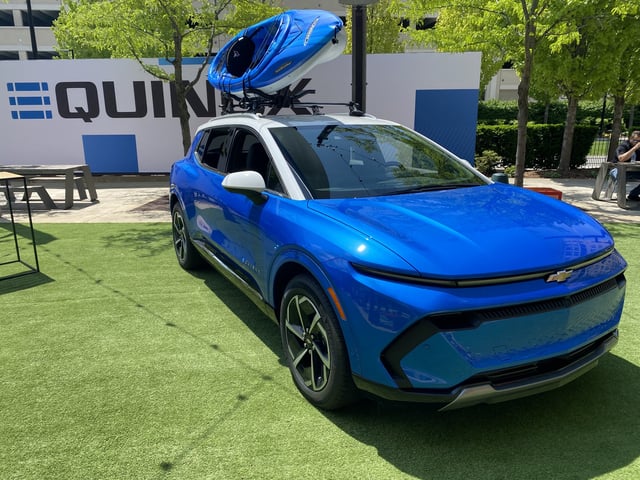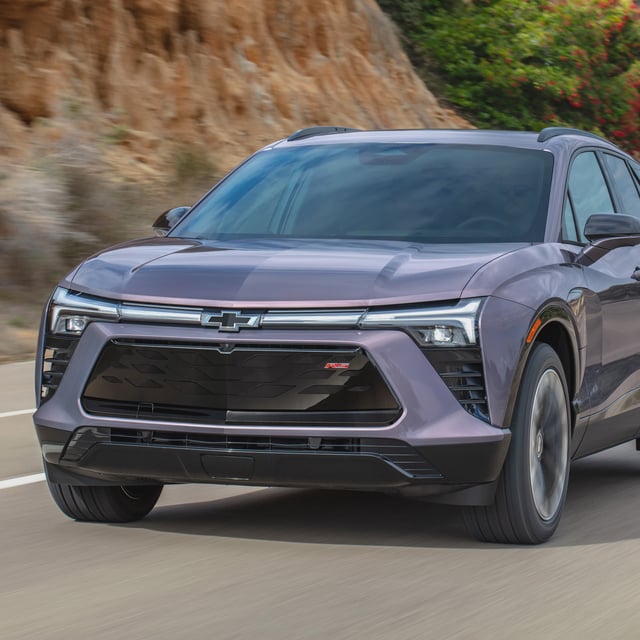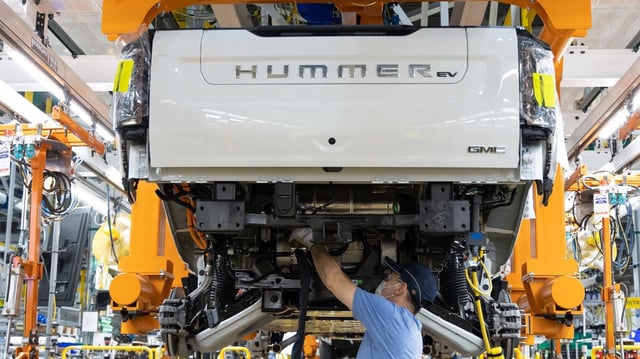Overview
- GM's revised target is down from an initial range of 200,000-300,000 units.
- The company aims to achieve variable profit at the lower production range by Q4 2024.
- Incentives and rebates up to $7,500 are being offered to boost EV sales.
- New models like the Chevrolet Equinox EV are central to GM's strategy.
- Despite challenges, GM reported strong EV sales in May 2024.



